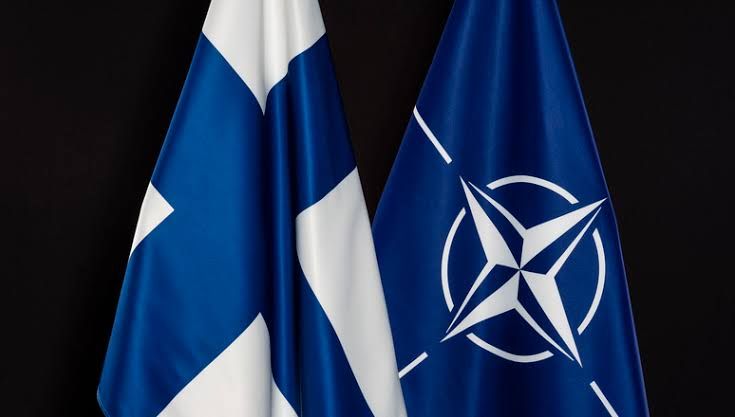Finland's NATO Membership: Implications for Europe's Security Landscape

Finland's decision to join NATO is a bold move that has the potential to reshape the security landscape in Europe. The move is significant not only because Finland is a historically neutral country, but also because it has a long-standing relationship with Russia, which could complicate its entry into the alliance.
Finland's entry into NATO brings significant benefits to the military alliance. Firstly, Finland has a highly capable and professional military with a strong track record in peacekeeping missions. Secondly, its geographic location and strategic position in the Baltic Sea region provides NATO with an important new ally and a buffer against Russian aggression.
However, Finland's entry into NATO is not without challenges. Firstly, Russia has long considered Finland to be within its sphere of influence, and its entry into NATO is likely to be seen as a direct threat to Russia's strategic interests in the region. This could lead to a deterioration of the relationship between Finland and Russia, and potentially, an increase in Russian aggression towards Finland.
Secondly, Finland's entry into NATO could complicate the ongoing conflict in Ukraine. While Finland has expressed support for Ukraine's territorial integrity and sovereignty, its entry into NATO could be seen as an escalation of the conflict by Russia, potentially leading to increased military intervention in Ukraine.
Finally, the impact of Finland's entry into NATO on Russia's leadership under Vladimir Putin cannot be understated. Putin has long used the threat of NATO expansion to rally support at home, and Finland's entry into the alliance could be seen as a direct challenge to his leadership and Russia's regional influence.
In conclusion, Finland's entry into NATO is a significant move that will have far-reaching implications for the security landscape in Europe. While it brings significant benefits to the alliance, it also poses challenges, particularly in its relationship with Russia and the ongoing conflict in Ukraine. As the situation evolves, it will be important for NATO to carefully manage its relationship with Russia and to work closely with Finland to ensure a smooth and successful integration into the alliance.



Comments ()